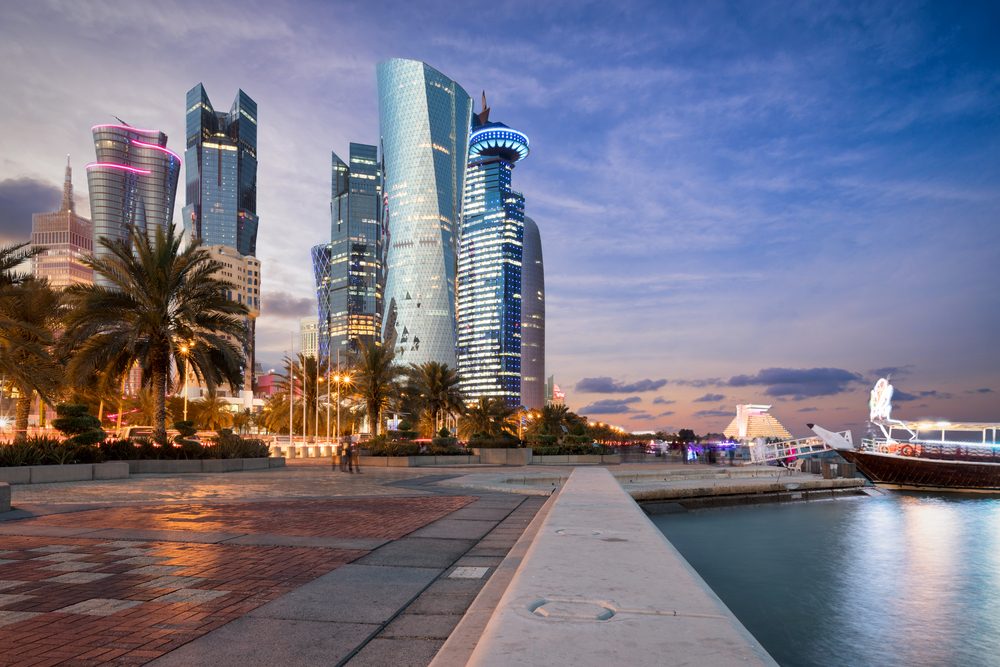January’s Al Ula Declaration has allowed trade to resume in the GCC region.
Experts have witnessed a noticeable surge in Saudi-owned firms seeking to set up operations in Qatar in the first quarter of 2021, as reconciliation continues to progress ties, Arab News reported.
The resumption of political and trade relations between Qatar and Saudi Arabia has led to a 40% increase in the number of Saudi-based companies interested in launching operations in Doha, said James King, general manager of the Qatar office at the Pro Partner Group, a firm which specialises in company formations said.
The firm has witnessed a 75% annual surge in activity during the first quarter of this year, in addition to the 40% annual increase during the first three months of 2021, without sharing specific numbers.
The Gulf dispute ended on January 5 of this year following the Al Ula Declaration, in which Qatar, along with Saudi Arabia, Egypt, Bahrain, and the UAE, agreed to work towards ending a three-year-long feud that was triggered by an illegal air, land and sea blockade on Doha in 2017.
“The increase in Qatar company formations is being driven by the multi-tiered investment opportunities in the country. These include opportunities linked with the FIFA 2022 World Cup, the North Field Expansion Gas Development Project and the Qatar National Vision 2030. This growth is further enhanced by the ending of the Qatar boycott and the gradual lifting of COVID-19 restrictions,” King said.
Read also: Qatar’s FM sends message to Saudi counterpart at third follow-up committee meeting
Recent months saw increasing efforts to strengthen diplomatic relations, most significantly Qatar’s Emir Sheikh Tamim bin Hamad’s visit to the kingdom in May and the appointment of a new Saudi ambassador in Doha last month.
Following the historic GCC agreement, Standard Chartered, a British multinational banking and financial services company, said Qatar’s economy is anticipated to grow by 3% instead of the previously estimated 2.1% growth during 2021.
This is a result of the reopening of borders between Doha and former blockading countries.
King noted the recent launching of the Qatar Free Zone “represents a major change in how Qatar attracts foreign investment and the industrial sectors it aims to attract.”
In Qatar, Saudi companies are able to open 100% owned establishments without the need to partner with local investors.
However, King said that “many of them choose to have a local partner as they are more familiar with the local business environment.”
“I see Saudi Arabia as our biggest opportunity in the region by far. And I think in the next two to three years, our business in Saudi Arabia should eclipse our UAE business and Qatar business,” Nazar Musa, Pro Partner Group CEO, told Saudi-based Arab News.
Musa said new steps by the Saudi government are encouraging foreign businesses to expand in the kingdom.
“Obviously, there are businesses that have been there for years and years, but I’m talking about the kinds of companies that are starting to speak to us for the first-time about opportunities in the Kingdom,” he said.







